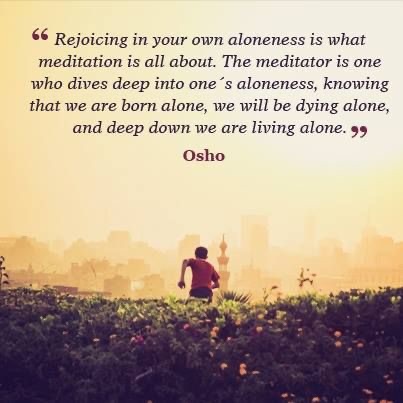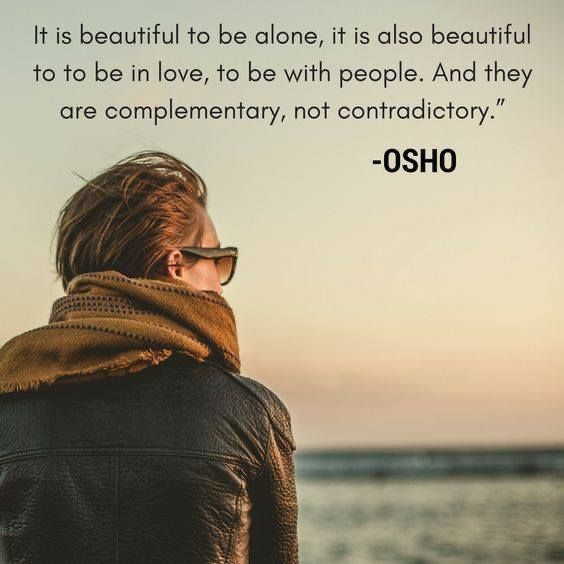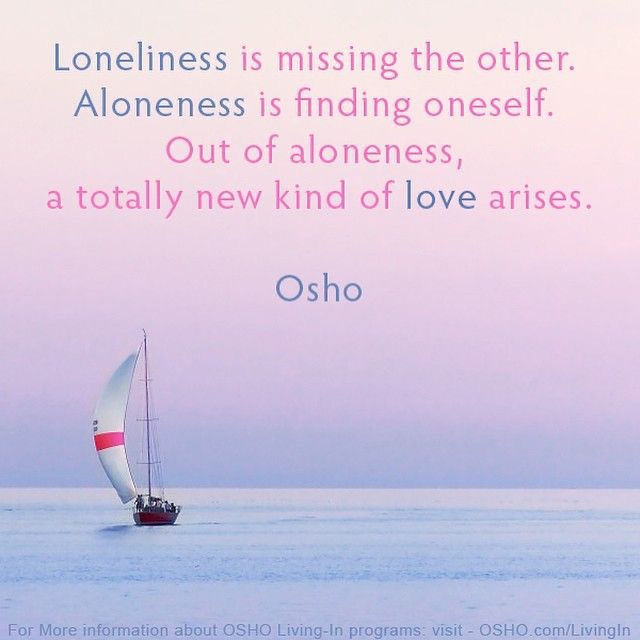Laurens Buijs
Amsterdam Gender Theory Research Team
An essential part of the individuation process, or the process by which we become spiritually “whole” and which has been structurally mapped out by Carl Jung and others, is embracing the singleness that is intrinsic to existence. We were born alone and will die alone, and in the meantime we will be alone a lot.
People in patriarchy have a fear of aloneness and confuse it with loneliness: this is part of the collective patriarchal trauma that emerged 12,000 years ago with the Neolithic revolution (see AGTRT-BA4). Humanity then switched from spiritual principle-based matriarchal tribes to the more functional patriarchal nuclear family (see also AGTRT-BA9). As a result, we enter into all kinds of toxic dependency relationships, doing everything we can to avoid being alone.

Monogamous relationships are an example of this (see AGTRT-BA22), but also most of the family and friendship ties that people have in patriarchy are fundamentally based on dependency and codependency. These relationships offer us only false security and completely erode us in the long run, often without our awareness.
So transforming loneliness into singleness is what we have to do, but how to do it? People tend to be very strict with themselves in this and demand of themselves that they must be able to go on vacation alone, or meditate a lot in isolation, or live completely independently without feeling rotten, etc.

But this is not necessarily the solution, because we then quickly start chasing the goal too much and being demanding of ourselves. In other words, this is soon a re-experiencing of the patriarchal trauma: with it we do not find aloneness, but only loneliness again and again.
So how should it be done? As always, the solution is shadow work (see AGTRT-BA7). Loneliness converts to singleness with shadow work. Central to our patriarchal socialization is a disturbed connection to our anger. By reconnecting with it, we naturally become more alone, and being alone also naturally begins to feel more and more like aloneness instead of loneliness. Being alone then becomes a choice from our own power, and only then does the emptiness of loneliness turn into the delicious and addictive sensation of being alone.

There is no one who wrote better about singleness than Osho, so I share here anyway some of his best quotes, although of course by now we know very well how problematic he was unfortunately in his role as a spiritual leader (if not, watch the impressive documentary series Wild Wild Country on Netflix).

Leave a Reply